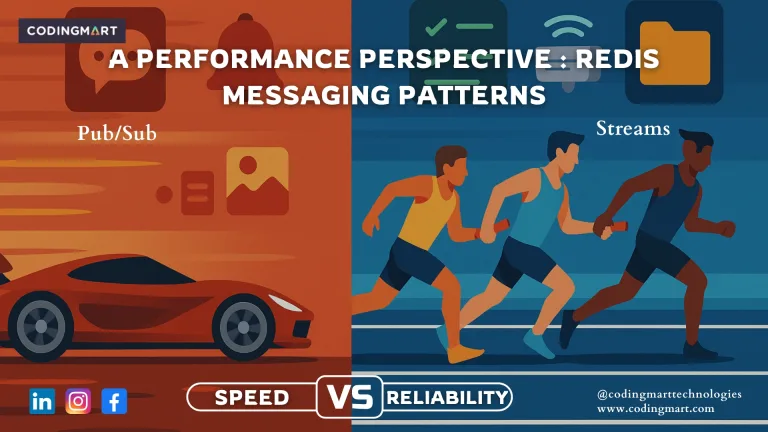blogs
AI’s Impact on E-Commerce: Transforming Shopping Experiences
Did you recently shop online on Amazon or Flipkart? Did you see the recommendations section? How relevant were the recommendations to you? How did Flipkart and Amazon figure out what exactly you needed? The answer to the question is Artificial Intelligence(AI), which has been driving all the recommendations. Does AI lend hands only in the recommendations section? Let’s look at this in further sections.
AI is being applied in a wide range of applications in the e-commerce sector. Customer support is another such area of the application of Artificial Intelligence. Automated replies to emails, automated promotional emails, etc are also AI’s use cases. Chatbots that are found in many websites and mobile applications and are meant to provide solutions to customers’ queries, to personalize the shopping experience, and give recommendations are also applications of AI.
A study in 2019 found that 1 out of 5 customers have bought a product from the recommendations of chatbots. According to a report from the Business Insider, “80% of businesses will be using chatbots by 2020”.
Analysis of customer behavior:
It plays an important role in the analysis of customer behavior. If a customer buys a product frequently, then the AI algorithm keeps a track of it. It then automatically suggests the customer buy that product if he forgets to make an order depending on his previous shopping patterns.
Intelligent add-on recommendations:
Habitually when buying a product, we would have seen a perfect combo or add-on or addition to the product. For example, while ordering a TV, there are high chances that you may get a recommendation to add a stabilizer to the cart. This is also a game of AI. Such add-ons are suggested based on the previous orders when customers order a combo of TV and stabilizer.
Marketing and Data Analytics:
We know that Analytics plays a huge role in e-commerce. They help businesses in making pre-planned decisions. AI has transformed the data analytics sector and made handling huge data easy. Handling huge customer numbers of customer profiles, orders management, cart management, etc can be made more intuitive by AI.
It also holds a significant impact on marketing. Email marketing is extremely important for e-commerce. If a customer adds a product to the cart but forgets to make the payment, then reminders must be sent. If you are planning to organize any discount campaigns, then promotional emails must be sent to the customers. If AI is enabled, then we can track and analyze the behavior of the customers through their response and fine-tune our campaigns more effectively.
Inventory and logistics management:
Managing the inventory is one of the most challenging tasks involved in the e-commerce sector. Thanks to AI-enabled automated systems that have simplified it. Depending on the previous sales trends, AI can anticipate the demand and aid us in managing inventory so that we don’t run out of stock nor we pile up idle stock.
When it comes to warehouse management, AI-enabled robots can dispatch and store stocks, print invoices, and pack goods all over the day without hassles. It can also choose the best logistics partner (if you have many) and alert them regarding the pickup and share the shipment details automatically.
Virtual Trails:
Everyone loves to experience a product before owning it. For example, we would prefer testing if a particular spectacle matches our face and suits us. It also applies to jewelry, watches, etc. AI has made it possible. Through image processing and other modern technologies, AI has empowered us to virtually experience how a product feels and helps us in making our decision.
What’s all that has been discussed above proves how much AI has succeeded in making our shopping experience more lively. AI’s ascendancy in e-commerce is expected to boom more, with helping hands from Machine learning and Robotics.


